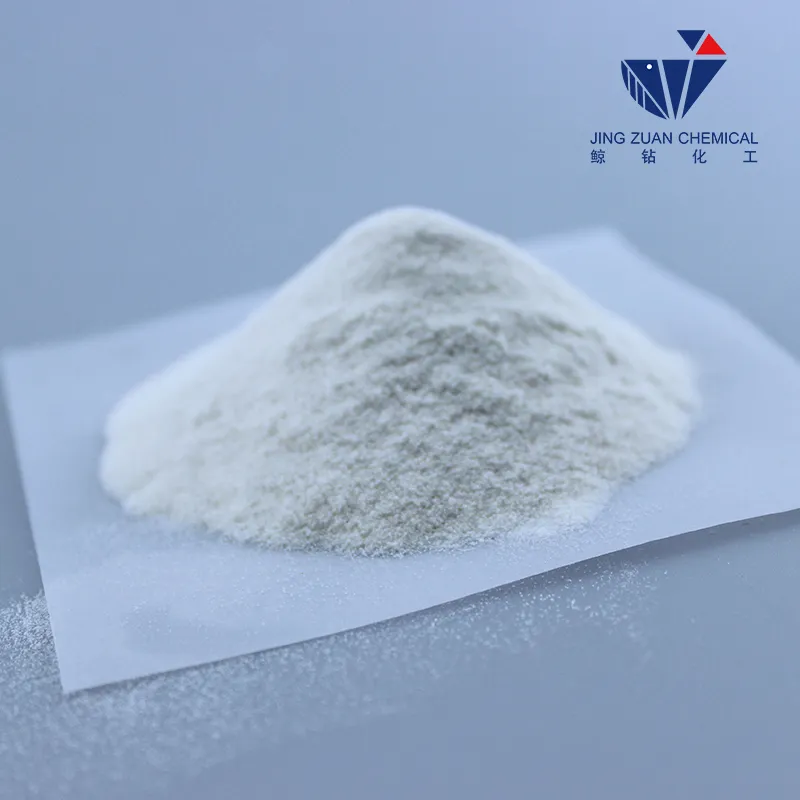
Nov . 05, 2024 04:47 Back to list
mortar bonding additive
The Importance of Mortar Bonding Additives in Modern Construction
In the world of construction, achieving strong and durable bonds between materials is paramount. As projects become more ambitious in scope and require advanced material performance, mortar bonding additives have emerged as key components in enhancing the properties of mortars used in various applications. These additives play a critical role in improving adhesion, flexibility, and overall durability of mortar, making them essential for modern construction practices.
What are Mortar Bonding Additives?
Mortar bonding additives are specialized chemical formulations designed to enhance the characteristics of mortar mixtures. They are incorporated into various types of mortars, including those used for bricklaying, tiling, stucco, and general masonry applications. These additives can come in various forms, such as powders, liquids, or emulsions, and their primary function is to improve the bonding properties between the mortar and the surfaces to which it is applied.
Benefits of Mortar Bonding Additives
1. Enhanced Adhesion One of the most significant benefits of using bonding additives is the improvement in adhesion between the mortar and substrate materials. This enhanced bonding capability helps to prevent delamination and ensures that the structure can withstand dynamic loads and environmental conditions without failure.
2. Increased Flexibility Many bonding additives introduce flexible properties to mortars, allowing them to accommodate slight movements in the structure without cracking. This is especially important in regions that experience temperature fluctuations or ground settlement, where rigid mortars might fail.
mortar bonding additive

3. Water Resistance Certain bonding additives provide hydrophobic qualities to the mortar, making it more resistant to water penetration. This property is crucial in preventing moisture-related issues such as mold, mildew, and efflorescence, which can compromise the integrity and appearance of the finished work.
4. Improved Workability Some additives improve the workability of mortar, making it easier for masons to apply and spread the material. This can lead to more efficient project completion and reduce labor costs. Additives that enhance workability allow for better troweling and manipulation, contributing to a smoother finish.
5. Longevity and Durability When incorporated into mortar mixes, bonding additives can significantly enhance the longevity and durability of the finished product. By improving resistance to weathering, chemical attack, and abrasion, these additives prolong the lifespan of structures and reduce the need for repairs or replacements.
Types of Mortar Bonding Additives
There are several types of mortar bonding additives available on the market, each designed to meet specific performance needs. Latex additives, for example, create a flexible bond and improve adhesion on challenging surfaces. Synthetic polymer dispersions are another common choice, contributing to enhanced water resistance and flexibility. Additionally, cementitious bonding agents are also used to increase the structural integrity of mortars, especially in critical applications.
Conclusion
In conclusion, mortar bonding additives are vital for enhancing the performance and durability of mortar in contemporary construction. Their ability to improve adhesion, flexibility, water resistance, and overall workability makes them indispensable for achieving high-quality results in masonry projects. As the construction industry continues to evolve, the use of advanced bonding additives will undoubtedly play a crucial role in addressing the challenges posed by modern architectural designs and environmental conditions. By investing in the right bonding additives, builders and contractors can ensure the longevity and reliability of their structures, paving the way for safer and more resilient built environments.
-
Versatile Hpmc Uses in Different Industries
NewsJun.19,2025
-
Redispersible Powder's Role in Enhancing Durability of Construction Products
NewsJun.19,2025
-
Hydroxyethyl Cellulose Applications Driving Green Industrial Processes
NewsJun.19,2025
-
Exploring Different Redispersible Polymer Powder
NewsJun.19,2025
-
Choosing the Right Mortar Bonding Agent
NewsJun.19,2025
-
Applications and Significance of China Hpmc in Modern Industries
NewsJun.19,2025







